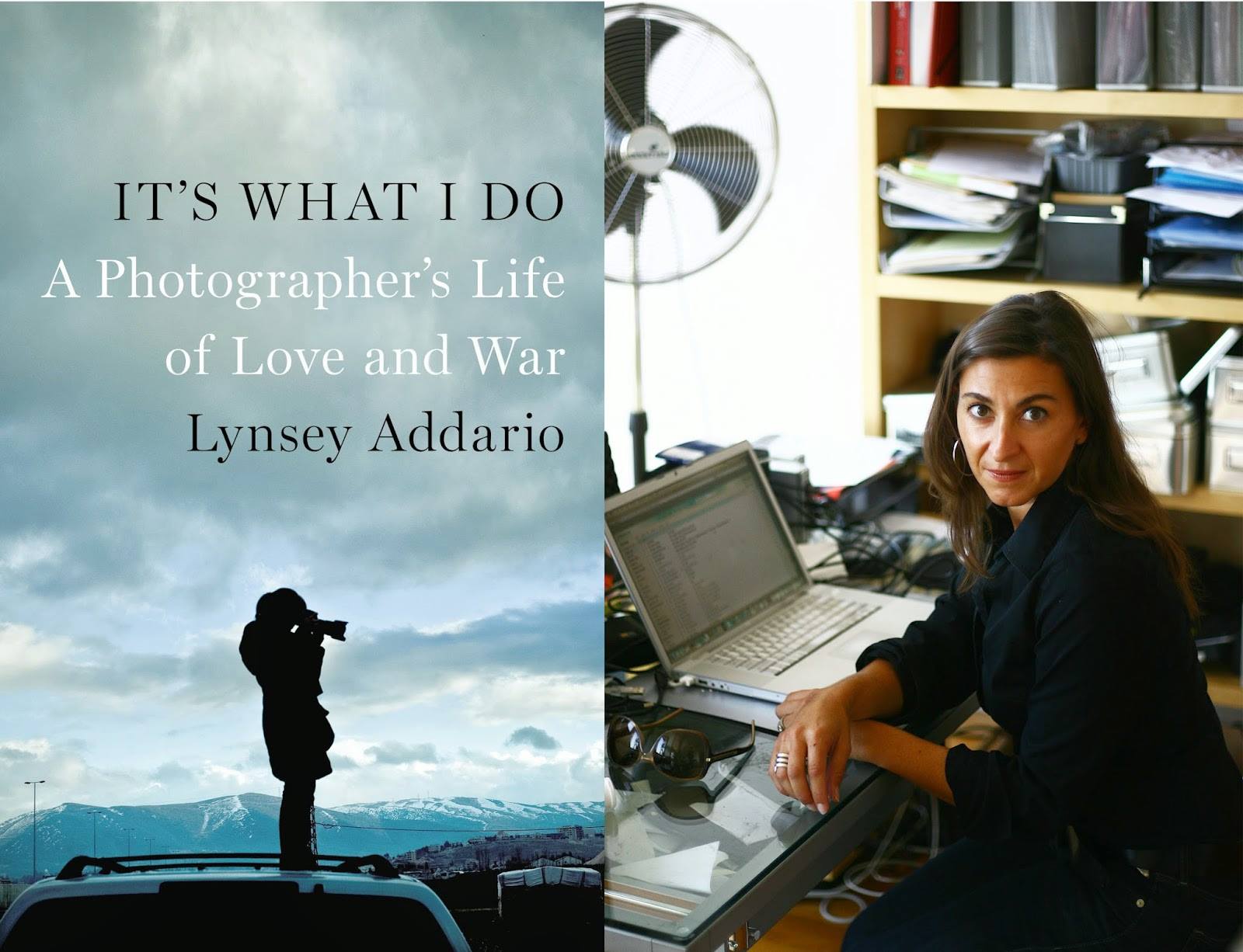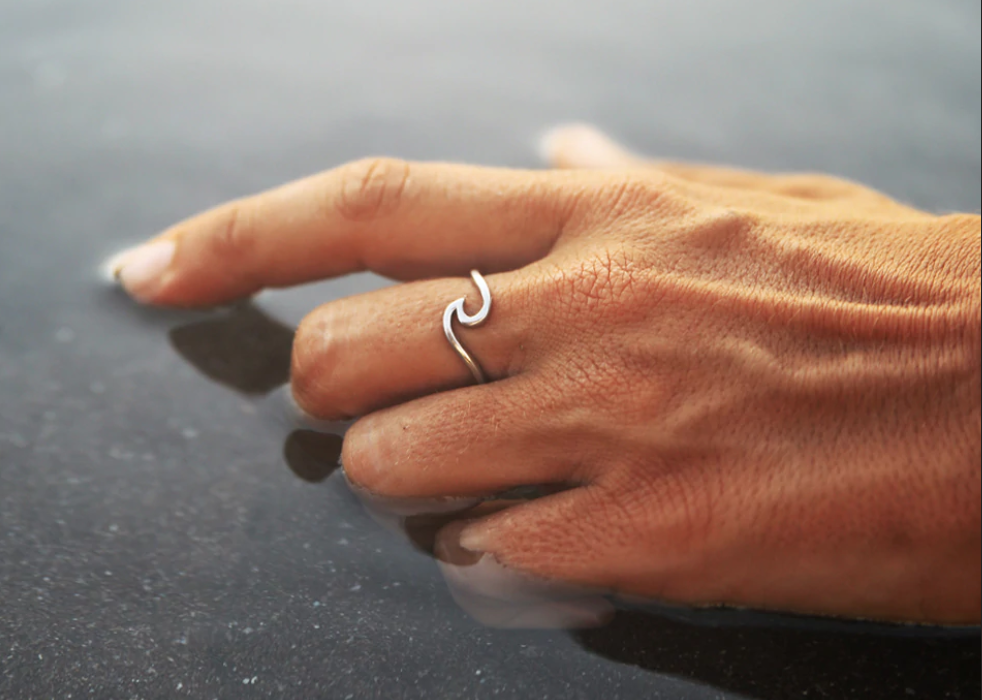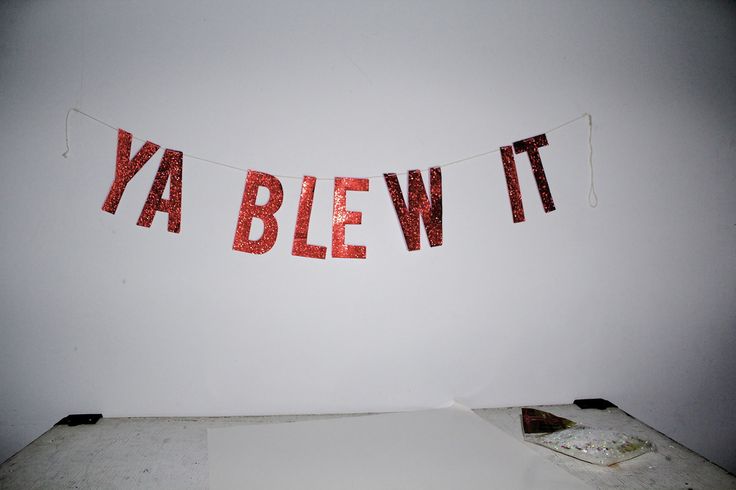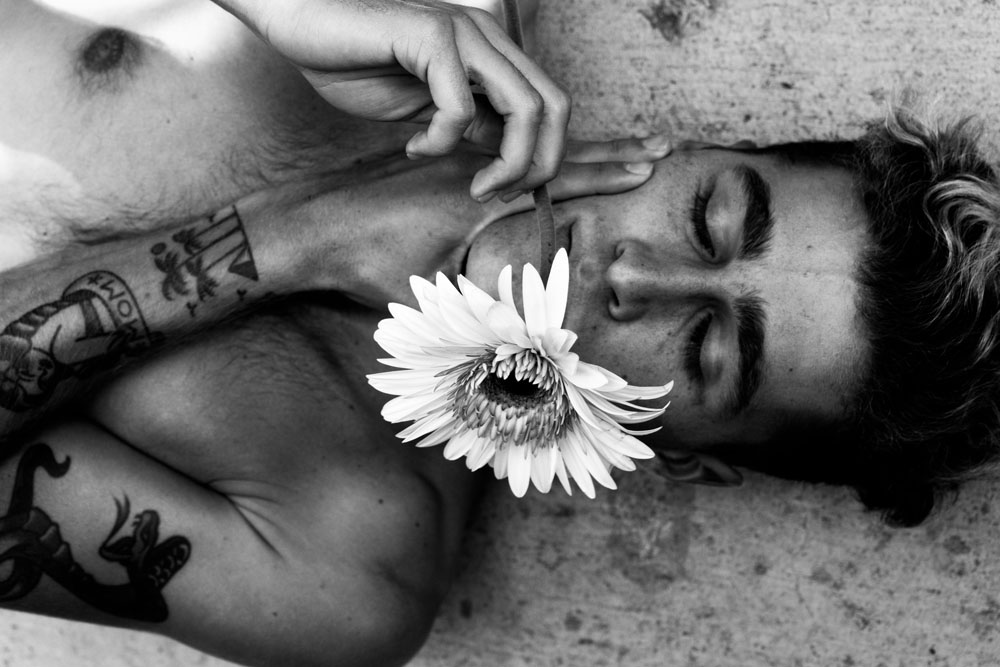War photographer Lynsey Addario recounts over two decades of shooting photos in war-torn countries in her memoir. She goes from shooting amateur photos to becoming a prominent photographer as a Pulitzer and MacArthur Genius Award winner.
At a young age, Addario was introduced to photography while grappling with drastic family life: the extravagant parties hosted by her parents, her father coming to terms with his homosexuality and the family business losing customers as the bills stack up.
Addario escapes from one chaos to another, as she leaves the normalcy of college and New York City life to travel through South America. There, she takes on some of her first photography jobs for a small, local paper the Buenos Aires Herald.
Over the next few years, Addario takes initiative as a young, considerably inexperienced photographer and begins freelancing for the Associated Press and later covering South Asia while live in New Delhi, India. Soon after, Addario finds herself in Afghanistan to photograph oppression under the Taliban. This is her first taste of the weight of sexism in a significantly different culture. This becomes a reoccurring theme in her future work in the Middle East and Africa.
“The women also put my life of privilege, opportunity, independence, and freedom into perspective. As an American woman, I was spoiled: to work, to make decisions, to be independent, to have relationships with men, to feel sexy, to fall in love, to fall out of love, to travel. I was only twenty-six, and I had already enjoyed a lifetime of new experiences.”
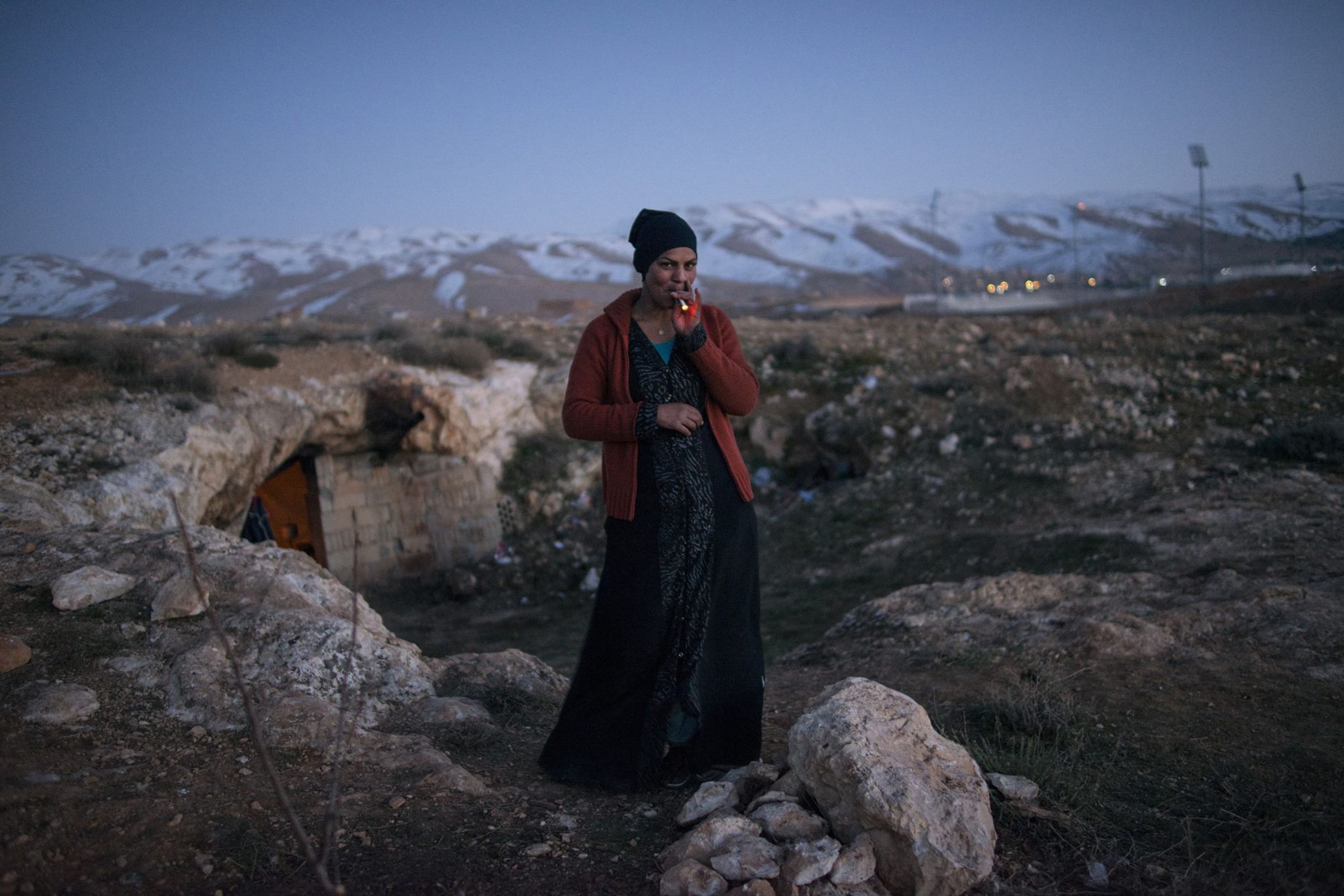
When most people are enjoying their 20s and experiencing the common struggles of early adulthood, Addario changes her location numerous times, living internationally indefinitely. Calling Mexico City home, Addario finds herself shaken by the September 11 attacks as she stares back at the TV screen, being so far away from her childhood country and home. In her head she knows this means war, and it means she will soon be uprooting her life once again. Being a freelance photographer with experience covering Afghanistan, she knows it is only a matter of time before she is back on a plane. Moreover, she knows the uncertainty of time she will be working.
“But when I am doing my work, I am alive and I am me. It’s what I do. I am sure there are other versions of happiness, but this one is mine.”
Addario not only explains the expected hardships of being a war photographer, living and working in life-threatening situations, but she enlightens the readers of the extent of what is being jeopardized as a result of the career choice. The reader is taken out of the context of the front-lines and understands what is falling apart in her personal life: the inability to have a normal romantic relationship and the inability to step away from her career to enjoy significant family moments or weddings of old friends. She explains how taking time off as a woman in the career is unacceptable and warrants being forgotten.
“If I took a month off, I was likely to be replaced by one of the other, say, two hundred freelancers vying to get my assignments. If I took six months off to have a baby, I believed I would be written off by my editors. I was in a man’s profession.”
More than anything, Addario documents on the first-hand conflict that most are fortunate enough to never experience. She speaks of violence, sexual assault, being kidnapped, cultural gaps and injustice worldwide.
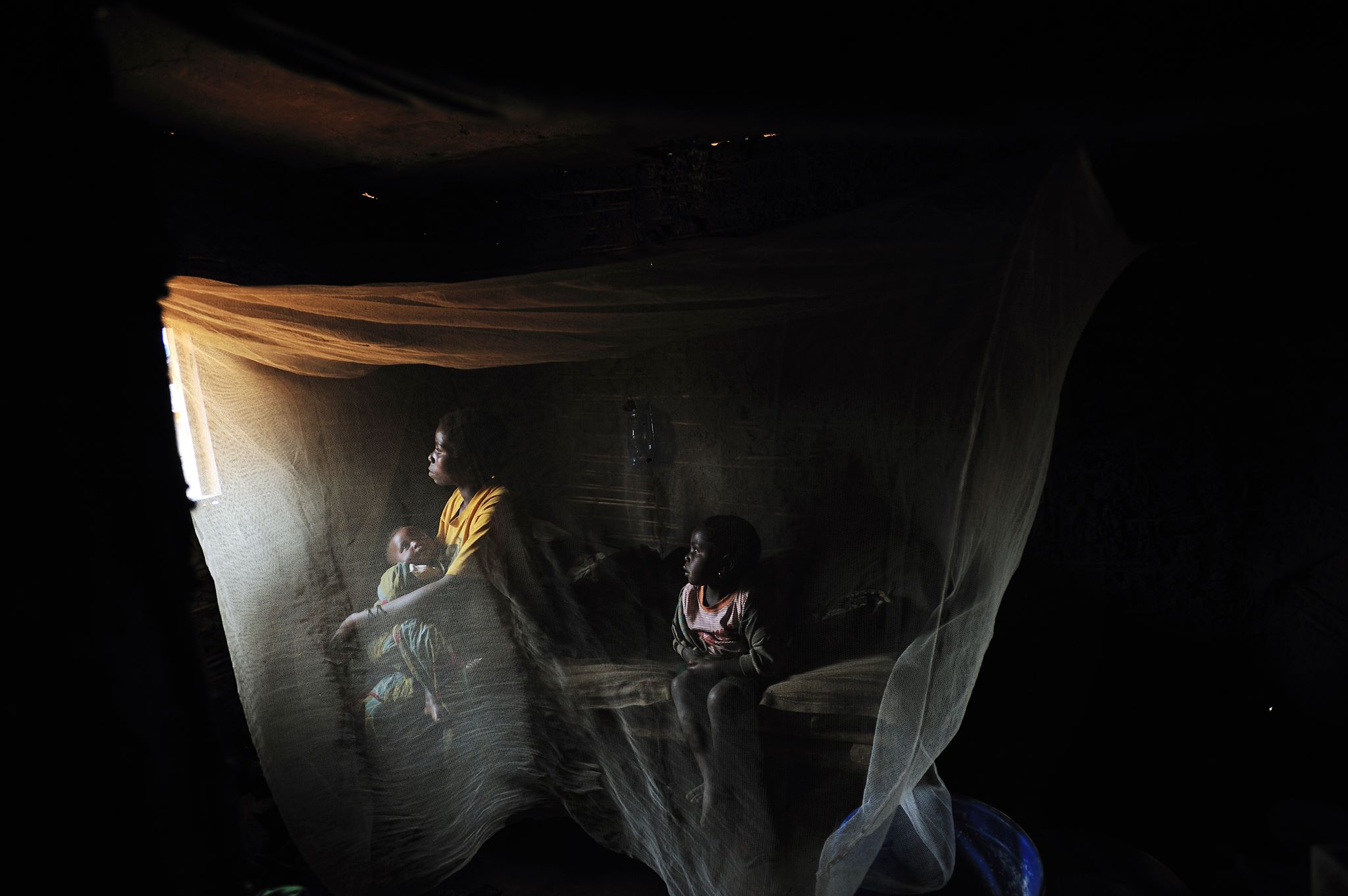
Like any good journalist, Addario leaves the reader feeling better informed and educated in a way that a news segment could never convey. A vulnerable telling of events over a fulfilling lifetime as a conflict photographer, Addario displays the lessons she was grateful to learn while having the ability to accept and share a strong love for her husband and her son.
“Photography has shaped the way I look at the world; it has taught me to look beyond myself and capture the world outside. It’s also taught me to cherish the life I return to when I put the camera down. My work makes me better able to love my family and laugh with my friends.”
It’s What I Do is being produced into a film directed by Steven Spielberg and starring Jennifer Lawrence.



